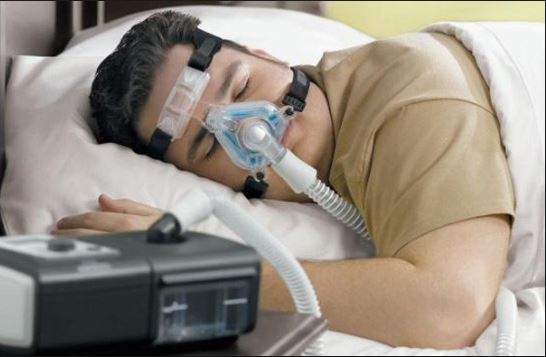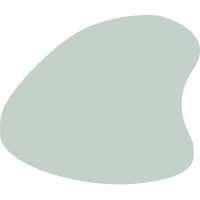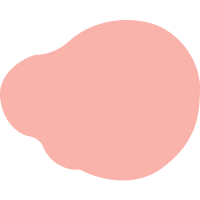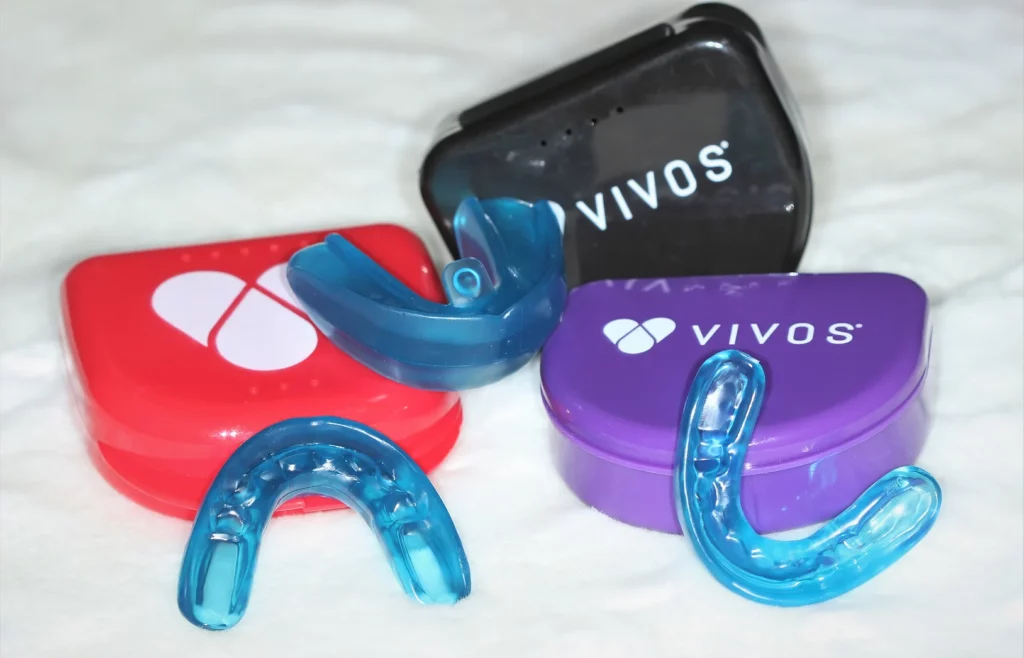Discovering the best sleep apnea treatment in Sebastopol, CA, and the surrounding regions of Santa Rosa and Rohnert Park can be a challenge. The effects of sleep apnea on your daily life and overall health cannot be underestimated. Dr. Anthony Grados of Oak Tree Dental aims to address the important aspects of sleep apnea, including its symptoms, causes, and the available treatment options.
What Are Sleep Apnea Symptoms?
Sleep apnea can manifest through various symptoms. These may include:
- ADD/ADHD
- Enuresis (Bed Wetting)
- Difficulty in School
- Mouth Breathing
- Snoring
- Restless Sleep
- Delayed/Stunted Growth
- Nightmares
- Low IQ
- Chronic Allergies
- Crowded/Crooked Teeth
- Dark Circles Under Eyes
- Swollen Tonsils/Adenoids
- Daytime Drowsiness
- Depression
- Anxiety
- Fibromyalgia
- Obesity
- Hypertension
- Aggressive Behavior
- Bruxism
- Cardiovascular Disease
- Alzheimer’s
- Opioid Addiction
- Diabetes
Worried about having sleep apnea?
SCHEDULE your appointment today!
What Causes Sleep Apnea?
Sleep apnea can be caused by various factors, including:
(OSA) Obstructive Sleep Apnea:
- Relaxation of throat muscles, leading to airway blockage.
- Excess weight, which can contribute to airway constriction.
- Enlarged tonsils or adenoids.
- Underdeveloped upper and lower jaws.
Central Sleep Apnea (CSA):
- Disruption in the brain’s signaling to control breathing.
- Medical conditions like heart failure and stroke.
- Medications that affect respiratory control.
How Does Sleep Apnea Affect My Health?
Untreated sleep apnea can lead to several health issues, including:
- High blood pressure
- Heart problems
- Stroke
- Diabetes
- Depression
- Daytime fatigue, which can increase the risk of accidents
- Dementia
- Cancer
- Pre-Mature Death
Do I Have Sleep Apnea If I Snore?
Firstly, many people wonder if snoring automatically means they have sleep apnea. However, while snoring can be a symptom of sleep apnea, it doesn’t guarantee its presence. For example, snoring occurs due to airway obstruction, but not all snorers have sleep apnea. To see if you might have sleep apnea, consider other symptoms like:
- Daytime fatigue
- Choking during sleep
- Morning headaches
Above all, speak a healthcare professional for a proper evaluation or a sleep study to determine if sleep apnea is a concern.
SCHEDULE your appointment today!
How Can I Find Out If I Have Sleep Apnea?
Most importantly, you can find out if you have sleep apnea through a sleep study. For example, there are two main types of sleep studies: (HST) or home sleep tests and, in addition, in-lab sleep tests. Sleep tests performed at home are becoming increasingly popular because of their convenience and effectiveness. Learn more with our “Do I have sleep apnea quiz” article, see if you’re at risk today.
Home Sleep Test vs. In-Lab Sleep Test
At Home Sleep Study:
A great option for many individuals is a home sleep tests because it provides a less stressful environment. By allowing you to sleep in the comfort of your own bed, a person can wear a device that monitors their breathing and other vital signs throughout the night. Consequently, the data collected during the test plays a pivotal role in accurately diagnosing sleep apnea.
In-Lab Sleep Study:
Conducted in a specialized sleep center, an in-lab sleep test, or polysomnography (PSG), involves the placement of sensors and electrodes on the patient. These devices monitor various factors, including brain activity, eye movement, and heart rate.
The comprehensive data collected during the test serves as a valuable tool for diagnosing sleep disorders, such as sleep apnea. This is particularly beneficial in cases that demand a more thorough analysis than what home sleep tests can offer.
Worried about having sleep apnea?
SCHEDULE your appointment today!
What Is the Best Treatment for Sleep Apnea?
An effective sleep apnea treatment can significantly impact your quality of life, and understanding your options is crucial. Two commonly recommended treatments for sleep apnea are Continuous Positive Airway Pressure (CPAP) therapy and oral appliance therapy.

CPAP vs. Oral Appliance
Cpap Therapy:
While Continuous Positive Airway Pressure (CPAP) therapy is the most common treatment for obstructive sleep apnea (OSA), it’s important to note that it’s a lifelong treatment. Cpap therapy is focused on symptom management rather than addressing the root cause.
A CPAP machine delivers a steady stream of air pressure through a mask worn during sleep. This continuous airflow helps to keep the airway open, preventing interruptions in breathing.
Oral Appliance:
An alternative to CPAP therapy is oral appliance therapy, which offers a different approach to treating sleep apnea. This method involves the use of a custom-fitted oral appliance, such as the Vivos System.
The oral appliance is designed to gently expand and reshape the upper and lower jaws, promoting improved airflow during sleep. Unlike CPAP therapy, which typically requires lifelong use, the Vivos treatment typically lasts about 2 years.
As a result, this short treatment time offers the potential for a long-term solution that addresses the root causes of sleep apnea, which provides patients with lasting relief and improved health.
How Can I Permanently Fix Sleep Apnea?
A non-invasive oral appliance, The Vivos System offers a promising solution for permanently fixing sleep apnea. By addressing the underlying structural issues of the jaw, it can provide long-term relief.
Vivos Sleep Apnea Treatment: A Revolutionary Treatment for Sleep Apnea
The Vivos system stands out as a groundbreaking, non-invasive oral appliance designed to deliver a lasting solution for sleep apnea. Its uniqueness lies in its ability to target the root causes of the condition, offering the promise of permanent relief.
Treatment Approach:
The Vivos treatment for sleep apnea works by targeting underdeveloped jaws, which are a key contributor to sleep apnea. This innovative approach involves gently expanding and reshaping the upper and lower jaws over a period of time. As a result, it aims to enhance the airway’s dimensions, improving airflow during sleep.
Effective for All Ages:
One remarkable aspect of the Vivos treatment is its versatility in treating both children and adults with sleep apnea. Specifically, it recognizes that sleep apnea affects individuals of all ages, and its treatment can provide life-changing benefits for both pediatric and adult patients.
For children
Vivos offers a potential solution to address sleep-disordered breathing, which can significantly impact their growth, development, and overall health. By promoting proper jaw development, the system can mitigate the risk of sleep apnea-related issues in adulthood.
In adults
The Vivos oral appliance treatment gives a path to long-term relief from sleep apnea. It provides a great alternative to CPAP therapy, which, while effective, may not be suitable for everyone.
In essence, the Vivos System serves as an advanced and promising treatment option, offering a glimmer of hope for those seeking a permanent solution to sleep apnea. Whether you’re a child or an adult, it addresses the root causes of the condition, aiming to enhance your overall well-being and quality of life.
Who’s the Best Sleep Apnea Doctor in Sebastopol, CA?
For top-quality sleep apnea treatment in Sebastopol, CA, Dr. Anthony Grados at Oak Tree Dental is highly recommended. Dr. Grados has a wealth of experience in treating sleep disorders and can provide personalized solutions to improve your sleep and overall well-being.
Contact Dr. Grados at (707) 823-1029 or Schedule your consultation by clicking this LINK.
Conclusion
Sleep apnea is a common sleep disorder that can have a significant impact on your health and quality of life. If you suspect you have sleep apnea, don’t hesitate to seek professional help. Whether you reside in Sebastopol, Santa Rosa, or Rohnert Park, CA, there are effective treatment options available to help you regain peaceful sleep and improve your overall health.
SCHEDULE your appointment today!
FAQ’s
Should snoring be ignored?
Snoring is not merely a loud and bothersome noise; it can serve as an important indicator of a Sleep Breathing Disorder (SBD) that should not be taken lightly. It is estimated that around 42 million Americans are affected by SBDs.
One of the most prevalent types of SBD is Obstructive Sleep Apnea, a medical condition in which the tongue and soft tissues obstruct the airway, preventing proper airflow into the lungs. Recognizing the potential seriousness of SBDs is crucial for prompt diagnosis and appropriate treatment.
More people have sleep apnea than you think.
1 in 5 adults have mild OSA
1 in 15 have moderate to severe OSA
9% of middle-aged women and 25% of middle-aged men suffer from OSA
What’s sleep apnea’s impact on health?
- Mild OSA is found in 70% of heart attack patients.
- Sleep Apnea affects 86% of obese individuals with type 2 Diabetes.
- Hypertension is present in 43% of patients with mild OSA.
- Sleep Apnea is experienced by 48% of individuals with type 2 Diabetes.
- Drowsy driving causes around 100,000 car accidents annually.
- Individuals with Sleep Apnea are at a 4 times higher risk of stroke.
- Untreated Sleep Apnea can lead to memory problems, weight gain, impotence, and headaches.
- Over 20 years, untreated OSA can reduce survivability by 30% or more.
- Drowsy driving results in 100,000 car accidents, 40,000 injuries, and 1,550 deaths yearly.
- Approximately 38,000 deaths each year are associated with Sleep Apnea-related cardiovascular problems, including high blood pressure, hypertension, and stroke.
Is the sleep apnea treatment covered by insurance?
Good news! You have the option to seek reimbursement from your medical insurance company, however, it’s important to note that your medical insurance plan might have some limits or exclusions on the coverage amount.



